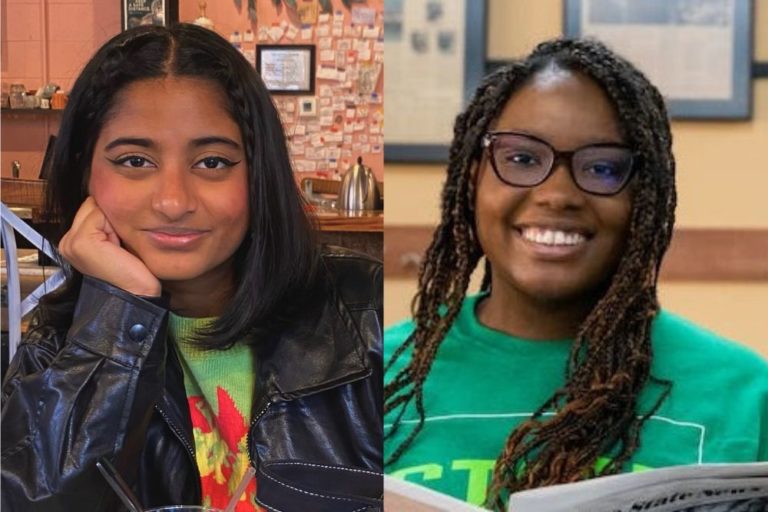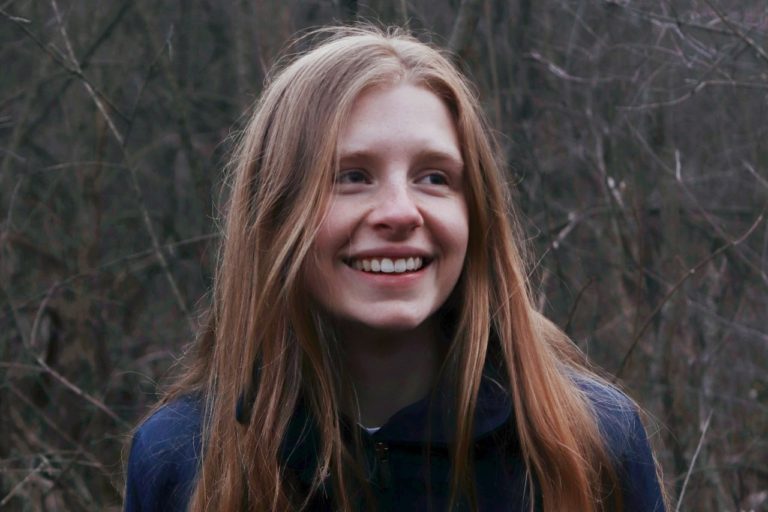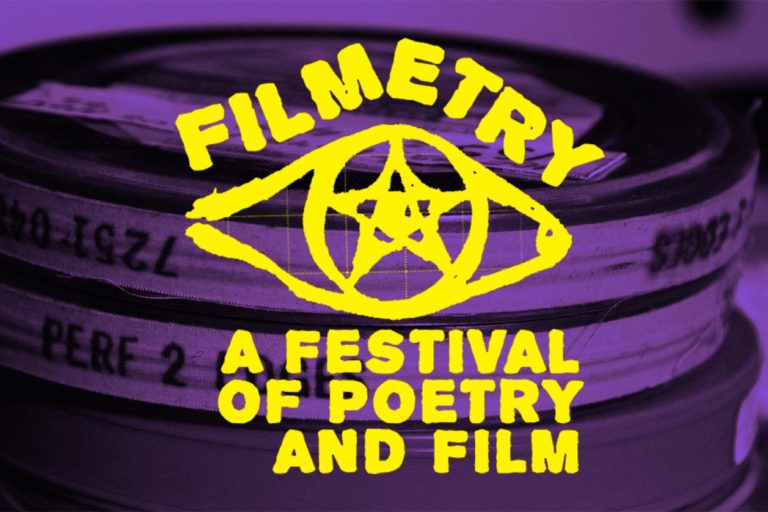This article includes content about the Feb. 13, 2023, violence the Michigan State University community experienced and other forms of trauma. It may be upsetting for some people to read. If you are grieving or in distress, there are different ways to seek support, including talking with friends, family, and colleagues. MSU’s Office for Resource and Support Coordination offers many different resources and also can be reached at orsc@msu.edu. There also are counseling and psychiatric services available through MSU’s Counseling and Psychiatric Services, United Resiliency, Michigan’s Stay Well initiative, and the National Disaster Distress Helpline.
________________________
The MSU Latinx Film Festival (LxFF) is returning this year after a four-year pandemic-induced hiatus. Scheduled for Feb. 15-18 at several different venues across the Michigan State University campus and in the Lansing and East Lansing communities, the 2024 festival will continue its tradition of screening ground-breaking independent cinema from Latin America, Spain, and the United States while shining a cinematic light on various social issues.
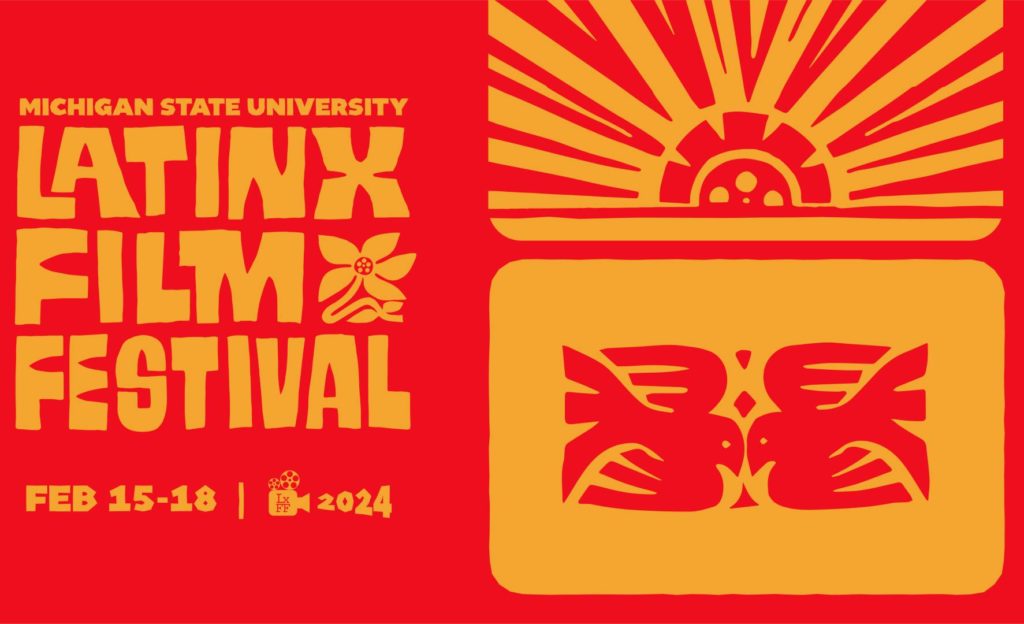
This year marks the third iteration of the festival and will feature 13 films from 10 different countries, including Colombia, Brazil, Peru, Mexico, Ecuador, and the Dominican Republic. Offering four days of film, music, and, for the first time, theatre, the festival will provide many opportunities to make meaningful connections with various Latinx cultures and languages.
“It’s about creating a cultural space that doesn’t exist on an everyday basis in the Lansing area or in the mid-Michigan region,” said Assistant Professor of Spanish Scott Boehm, who is the founder and director of the festival. “We are the biggest Latino/x film festival in Michigan. And, aside from Spider-Man: Across the Spider-Verse, to the best of my knowledge, there’s not a single film in our program that has been shown on a big screen anywhere else in the state.”
“It’s about creating a cultural space that doesn’t exist on an everyday basis in the Lansing area or in the mid-Michigan region. We are the biggest Latino/x film festival in Michigan.”
Scott Boehm, LxFF Founder and Director
The 2024 festival has a wide selection of films that include powerful documentaries such as the North American premiere of a music documentary about the global impact of the Chilean protest song “The People United, Will Never Be Defeated” (Himno), a short film about indigenous rights and environmental justice in Peru that was short-listed for the 2024 Oscars (Wings of Dust), and an animated feature about deportation from the United States (Home is Somewhere Else).
Fictional films include a pair of dramas dealing with intersecting issues of race and class in Brazil (A Bruddah’s Mind) and the Dominican Republic (Carajita). There’s also a quirky sci-fi film from Spain (The Sacred Spirit), a superhero film featuring a pair of Latinx lead characters (Spider-Man: Across the Spider-Verse), and a Mexican horror film dealing with maternal anxieties (The Bone Woman), which was selected by LxFF to honor Women in Horror Month.
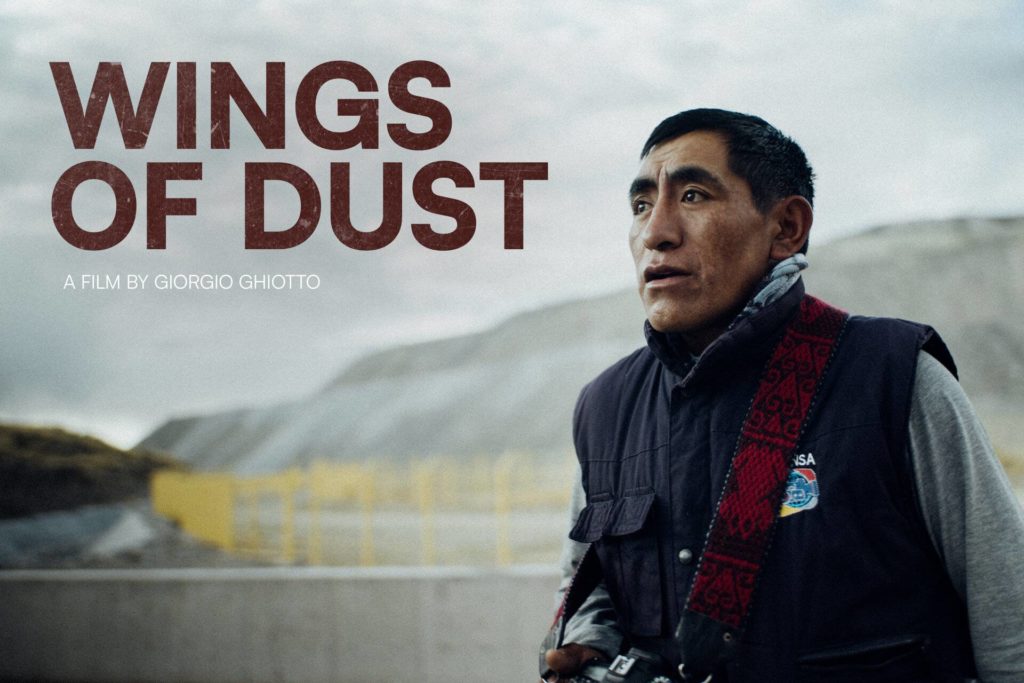
“One of the things I hope people take away from this year’s festival is that they’ve had the opportunity to be in a cultural space where they feel comfortable and validated,” Boehm said. “There are so many different people who live in the area who have immigrated here and have had to leave behind so much. What we are able to do with this festival is temporarily create a space that they don’t encounter on an everyday basis. We provide a little piece of home that – to paraphrase the title of one of the amazing films we’re screening – may be somewhere else.”
While bringing Latinx cinema and culture to the forefront, social issues as seen through a Latinx lens remain central to the LxFF program. In addition to programming films highlighting issues related to immigration, race, class, and gender, as it has always done, this year the festival also is focusing on environmental justice and gun violence for the first time.
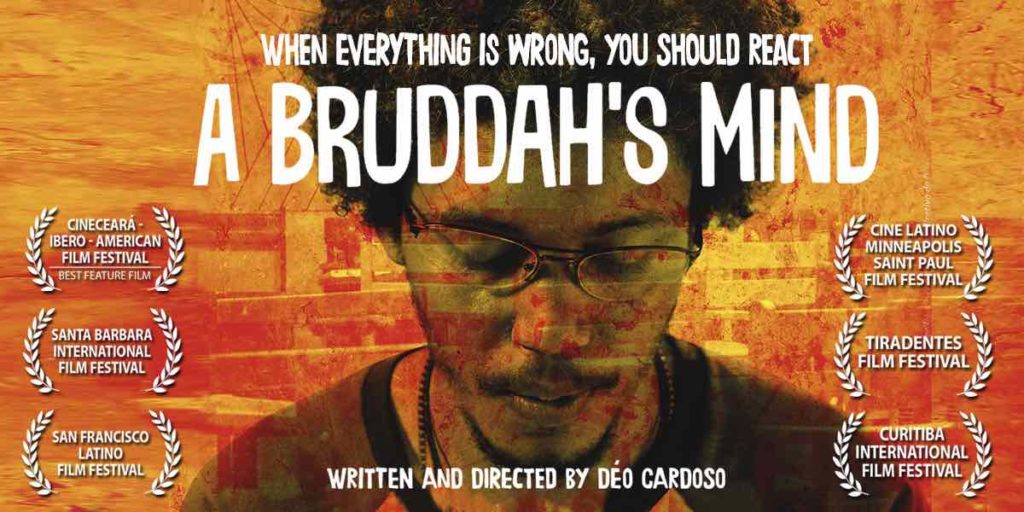
“Celebrating the diversity of Latinx cinema is central to our mission, but LxFF has always been a lot more than that,” Boehm said. “From the beginning, we’ve consistently highlighted some of the most pressing issues facing society, which often look different when viewed from the perspectives offered by filmmakers working from alternative cultural points of view that challenge dominant cultural narratives.”
For example, when the first MSU Latinx Film Festival took place in 2018, it included seven feature films, as well as a short film on DACA (Deferred Action for Childhood Arrivals), produced in conjunction with the festival itself. Immigration issues were featured prominently in festival programming in both 2018 and 2020, with the first two editions of LxFF also taking place during the month of February. A biennial event, the COVID-19 pandemic caused the festival to be canceled in 2022.
“We want to keep offering a safe space to embrace and find community in our differences, to cherish them, and to have the difficult conversations that push arts and cultures as a path to healing and change.”
Claudia Berrios-Campos, LxFF Founding Member
“When we decided to hold the festival again, we knew it was going to fall around the Feb. 13 anniversary, and as a festival that makes social justice issues/social problems a priority, we couldn’t hold the festival around the anniversary of the shooting and not address the national epidemic of gun violence,” Boehm said. “Art and activism are two powerful forms of healing.”
Along those lines, the festival features a theatrical performance for the first time. Activist Manny Oliver, who immigrated to Parkland, Florida, from Venezuela, will perform his one-man show, Guac, about the life, death, and love of his son, Joaquin “Guac” Oliver, who was killed in 2018 in the Marjory Stoneman Douglas High School shooting in Parkland. The show won Best Production at the United Solo Theatre Festival in New York in November 2023.
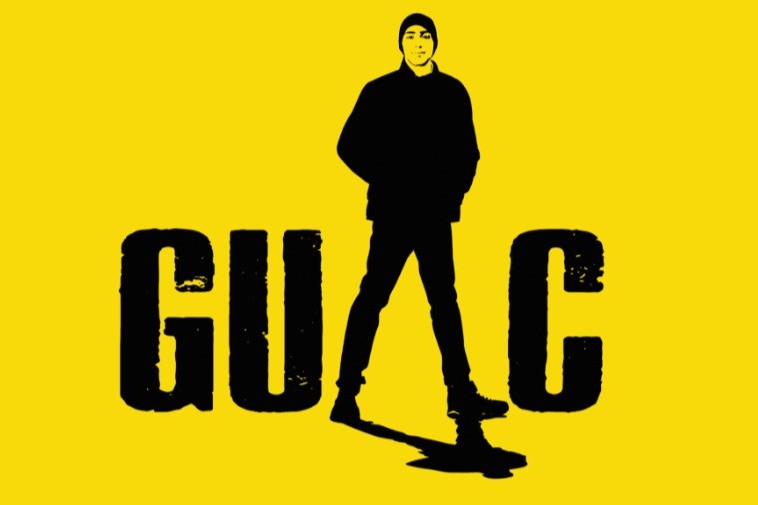
In partnership with ENOUGH! Plays to End Gun Violence, Change the Ref, and the Non-Violence Project Foundation, one of LxFF’s new global partners, GUAC will be staged for one night only on Saturday, Feb. 17, at 7:30 p.m. at Stage One at Sycamore Creek Eastwood in Lansing.
“LxFF is a film festival, but we integrated live music into our programming in 2020, which we’ve maintained again with a concert by Salsa Verde! at Urban Beat on Saturday night. This year, we decided to add theatre since GUAC, especially when combined with Manny’s background as an immigrant from Venezuela, fit so well with this year’s theme of advocating for gun violence prevention,” said Boehm, adding that “Manny and his wife, Patricia, came to the U.S. for the American Dream and have experienced a uniquely American Nightmare.”
In November 2023, the Olivers filed a lawsuit, called the Lawsuit for Survival, against the U.S. government for violating human rights law by failing to protect people’s right to live free from gunfire. The landmark case asks the Inter-American Commission on Human Rights to request that the United States implement strong gun violence policies to prevent mass shootings and other gun violence. During LxFF, there will be a panel that is open to the public and hosted by the MSU Library on the Lawsuit for Survival with both Manny and Patricia Oliver.
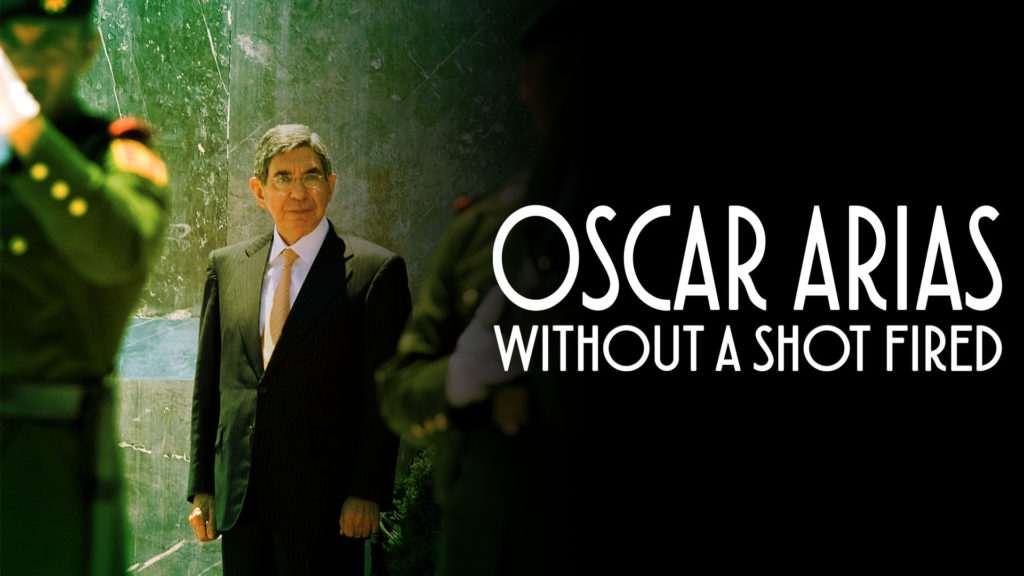
Following that panel, Lxff will screen Oscar Arias: Without a Shot Fired, which tells the story of Oscar Arias Sánchez, who served as president of Costa Rica from 1986-1990 and 2006-2010 and who received the Nobel Peace Prize in 1987 for his Central American peace plan. The film will be presented by Marco Díaz-Muñoz, Assistant Professor in the Department of Romance and Classical Studies, who is from Costa Rica. The Oscar Arias: Without a Shot Fired screening is scheduled for Friday, Feb. 16, at 2 p.m. in the Green Room of MSU’s Main Library.
Looking back at the first MSU Latinx Film Festival in 2018 when organizers sought to fill what they perceived to be a gap in film and cultural programming in the local area, they didn’t know what type of response there would be that first year and were amazed by the impressive turnout. That trend then continued with the 2020 festival. One of the reasons the film festival has historically had a great turnout, according to Boehm, is because there is a genuine need on campus and in the greater Lansing community for what they offe
“This festival is inspiring to me because our communities have been historically underrepresented in U.S. popular media, and Michigan has been missing out on the massively rich and diverse, life perspectives, music, and solutions to social problems we have to offer the world.”
Rael Silva, Communications LxFF organizing committee member
“The MSU Latinx Film Festival started as a place to showcase and highlight the many identities, stories, and challenges faced by the Latinx American and Spanish-speaking communities, and our desire to bring those voices to a stage that could harvest the possibility for communication and intercultural exchange,” said Claudia Berrios-Campos, Assistant Professor in the Department of Romance and Classical Studies and a founding member of LxFF. “Back in 2018, we couldn’t have dreamed what this space would become for these communities and the kind of hunger they would have for a place in which they could feel valued, celebrated, and acknowledged. Now, in the middle of our third installment, we want to keep offering a safe space to embrace and find community in our differences, to cherish them, and to have the difficult conversations that push arts and cultures as a path to healing and change.”
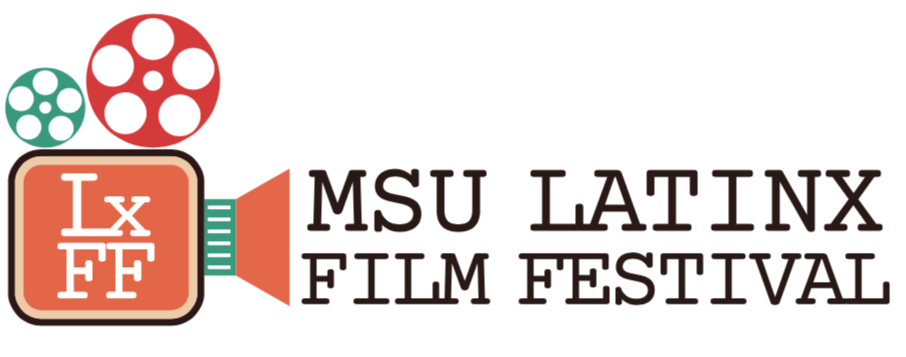
The LxFF organizing committee, led by Boehm, which consists of faculty, graduate students, and staff members from the Department of Romance and Classical Studies, the Center for Latin American and Caribbean Studies, and the Department of Anthropology, is now wrapping up final plans for the 2024 festival.
“This festival is inspiring to me because our communities have been historically underrepresented in U.S. popular media,” said Rael Silva, Communications Specialist in the Center for Latin American and Caribbean Studies and a member of the organizing committee, “and Michigan has been missing out on the massively rich and diverse, life perspectives, music, and solutions to social problems we have to offer the world.”
For more information, including a full schedule of events and ticket information, see the MSU Latinx Film Festival website.
